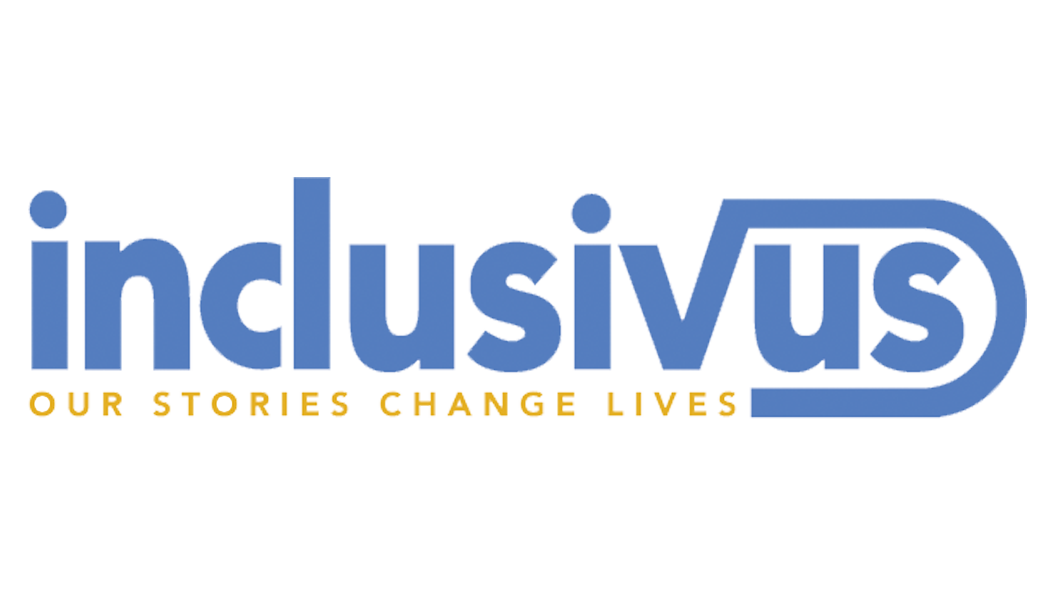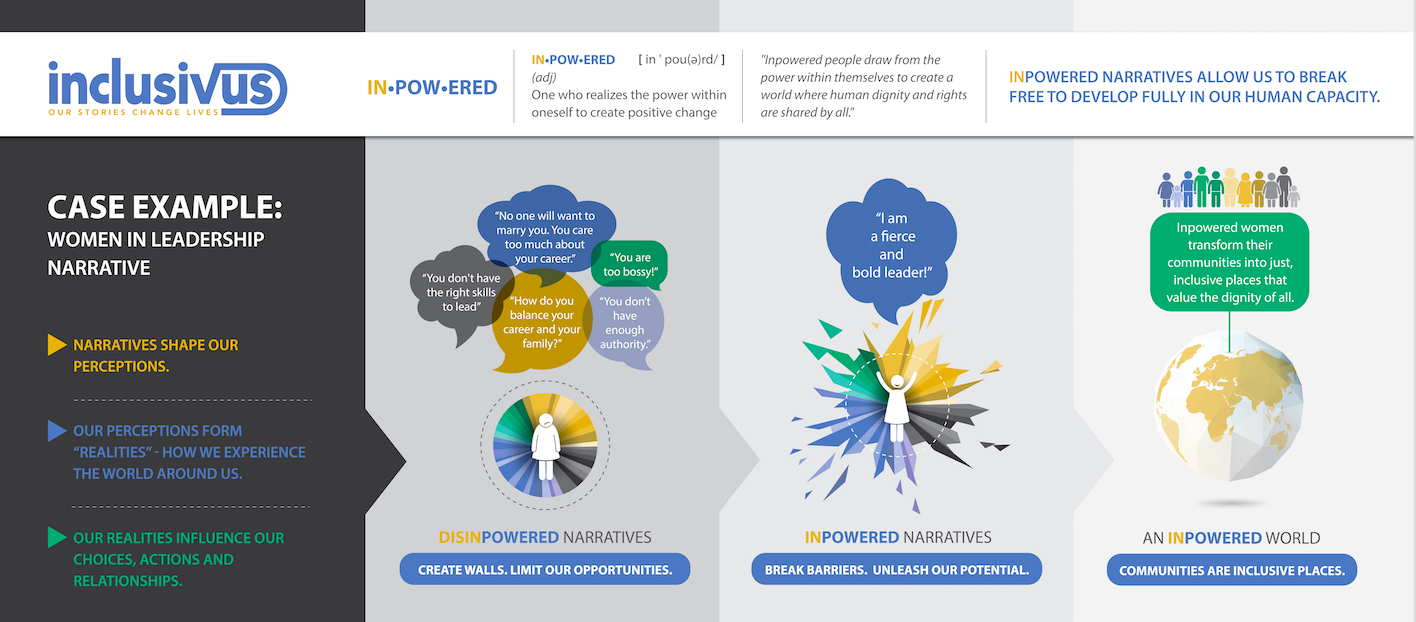By Judithe Registre, founder and podcast host
Photo by Anter Blackbird on Unsplash
#StoryEquity #GenderEquity #InPoweredStories
In this new age, as we embrace our roles as storytellers (or what I like to call story facilitators), and step into our power to bring transformative change, there are some questions to consider: Whose story are you telling? Whose voice are you using? What impact is your story likely to have in shaping our historical present future (i.e., our ability to look at the past to understand the present in shaping the future)? What purpose are you and your actions likely to have? In some fashion or another, we are all finding ways to improve the problems around us and in our world. How can we design our organizations, work and engagements so we are fit to transform human progress at a much deeper level, as our mission and vision calls for?
I declare narrative justice, anchored through story equity, as the next frontier for social change.
From #BlackLivesMatter, to #Metoo, to #TimesUp, to #BlackPanther, to the #OxfamScandal, to #BlackRock CEO Larry Fink asking CEOs of public companies to start accounting for their effects on society, and through so many other recent events and movements, people everywhere are rising up, ready to tell their own stories and demand a paradigm shift. These movements call upon everyone to operate at a higher, deeper human purpose, and to restore their commitments to equity and fundamental human rights, especially with regards to how we design work and our relationship to that work, people, and our planet.
Stories are powerful tools that have shaped history and the human experience from the dawn of time. In these turbulent times, those who have historically been pushed to silence are finding that they can no longer be contained or remain blind to what is happening around them. Similarly, those who have historically felt entitled are now recognizing the fallacy of their positions.
As human beings, we are compelled to change the stories that affect us. We have the tools, we have the ability, and we have the recognition that we alone must shape the stories about who we are, what we do, and what we want.
Narrative justice is the creation of a cultural awakening that seeks to shift representation, voice, and agency. The era of positioning only selected advocates as “voices for the voiceless” is over. Men and women everywhere are redefining who serves as gatekeepers. Well-meaning advocates (like me) can no longer claim to be the voices for a created “voiceless” and maintain a monopoly over power, because we can no longer ignore the ways in which doing so reinforces the existing power structure and the very inequality and inequity we seek to transform.
As someone who started my career in global poverty reduction and gender equity with the goal of being the voice for the voiceless, I understand this tendency all too well. Like me, advocates everywhere have been working to make sure the social and political environments are transformed to serve as platforms where people can speak and be heard as we shape the world with dignity, respect, and recognition for all our humanity.
This is not an age of revolution; it is an age of conscious evolution, which calls for new stories and new storytellers: You and me. We each become the protagonists of our own stories of change and transformation. At the very least, we have to fundamentally transform and expand the roles and definitions storyteller and stories. We need to rethink the questions: Who are the storytellers, what and whose stories are told, and who gets to tell and narrate those stories?






